In Water Treatment
Sodium dichloroisocyanurate is highly effective in disinfecting water. It is widely used in swimming pools, hot tubs, and municipal water treatment plants. When added to water, it slowly releases chlorine, which acts as a powerful disinfectant. Chlorine released from sodium dichloroisocyanurate can kill a wide range of microorganisms such as bacteria (including Escherichia coli, Salmonella, etc.), viruses (such as influenza virus, norovirus), and fungi. This helps to prevent the spread of water - borne diseases and keeps the water safe for human use.
In Food Industry
In the food industry, it is used for surface disinfection. It can be applied to sanitize food - processing equipment, cutting boards, and countertops. By killing harmful microorganisms, it helps to maintain high standards of food hygiene and safety. For example, in a meat - processing plant, it can be used to disinfect the areas where meat is cut and packaged, reducing the risk of bacterial contamination.
II. Bleaching
Textile Industry
In the textile industry, sodium dichloroisocyanurate is used as a bleaching agent. It can effectively remove natural and synthetic dyes from fabrics. The oxidizing power of the chlorine released from it breaks the chemical bonds in the dye molecules, resulting in the fading or removal of color. This is useful for preparing fabrics for dyeing with new colors or for achieving a white or light - colored appearance.
Paper Industry
In the paper - making process, it is also used as a bleaching agent. It helps to whiten the pulp by oxidizing the lignin and other colored impurities present in the wood pulp. This improves the brightness and quality of the final paper product.
III. Algaecidal and Slimicidal Effects
In Industrial Water Systems
In industrial water systems such as cooling towers and water - based industrial processes, sodium dichloroisocyanurate can act as an algaecide and slimicide. It can prevent the growth of algae and slime - forming bacteria. Algae and slime can reduce the efficiency of heat transfer in cooling towers and clog pipes in industrial water systems. By controlling their growth, sodium dichloroisocyanurate helps to maintain the proper functioning of these systems.







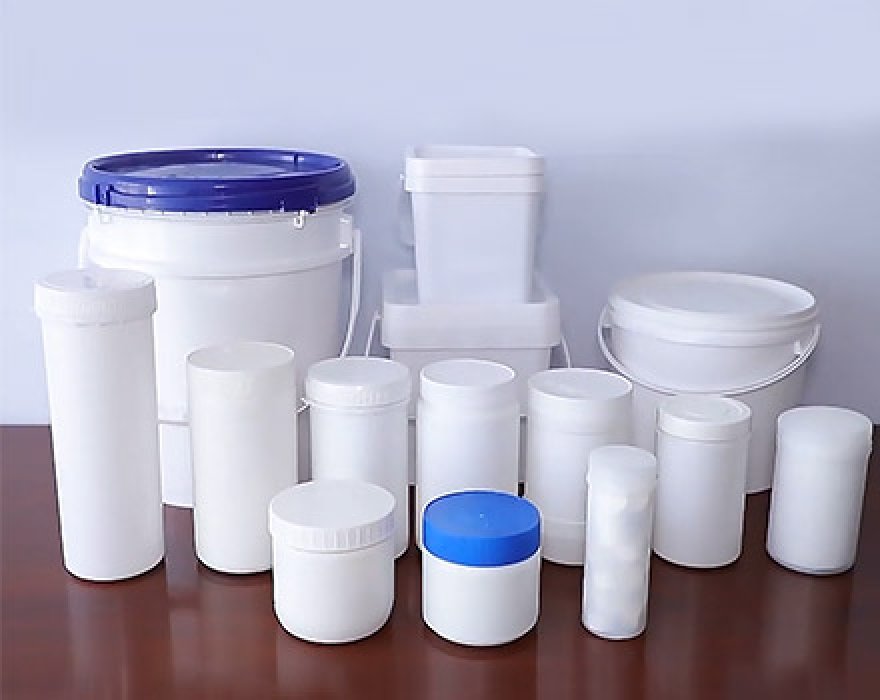
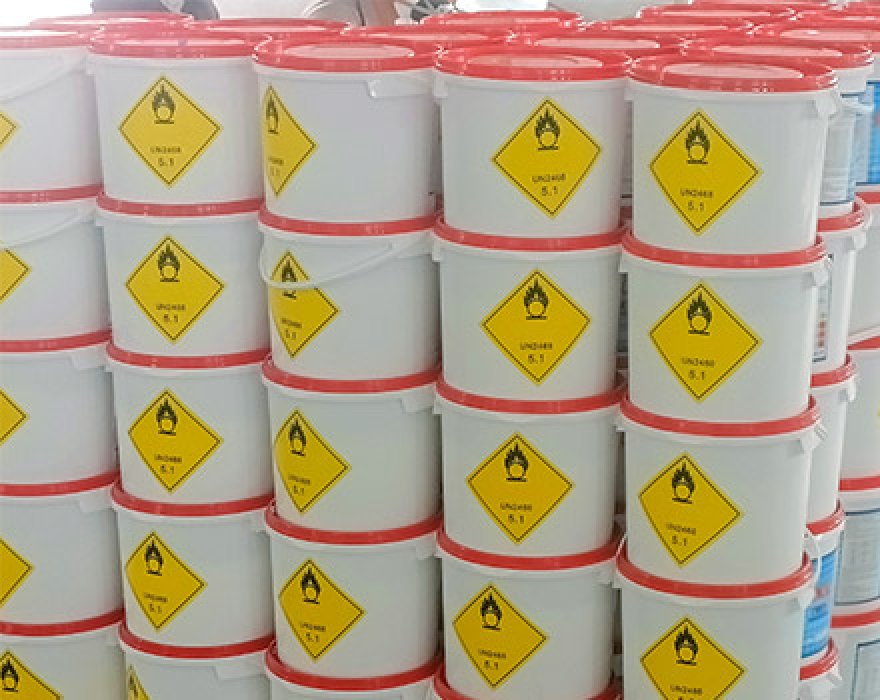
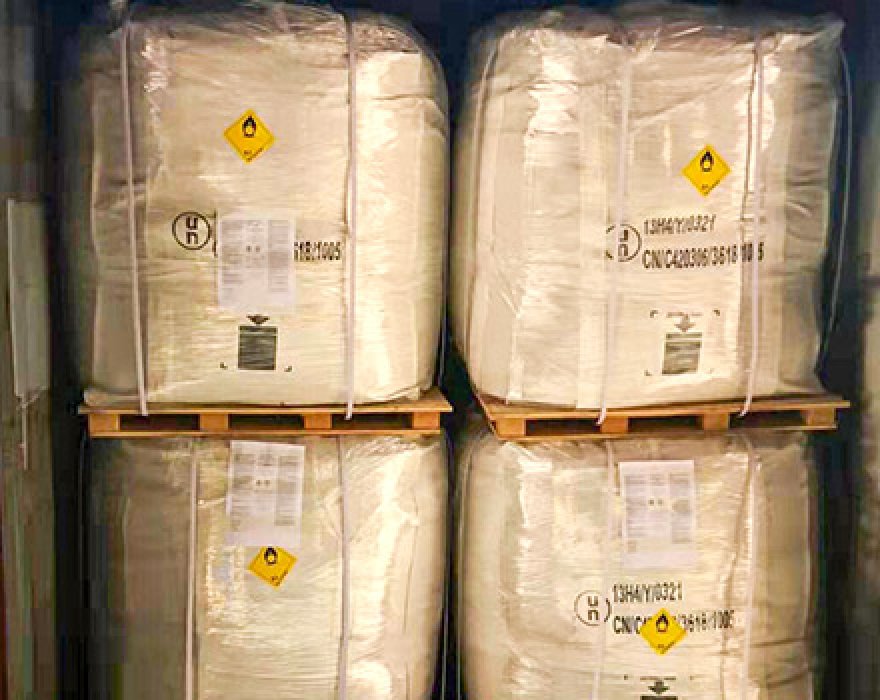
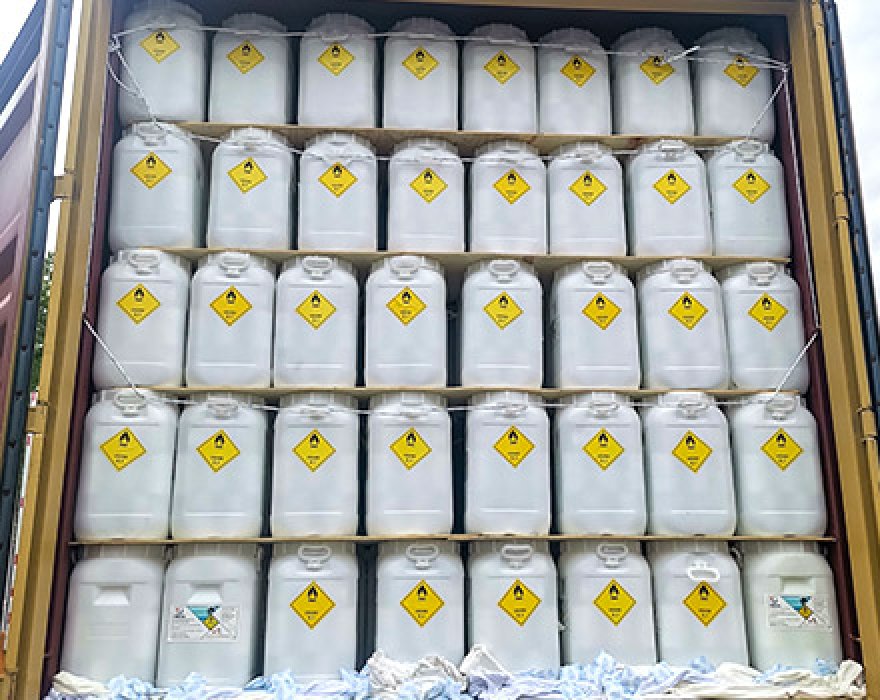
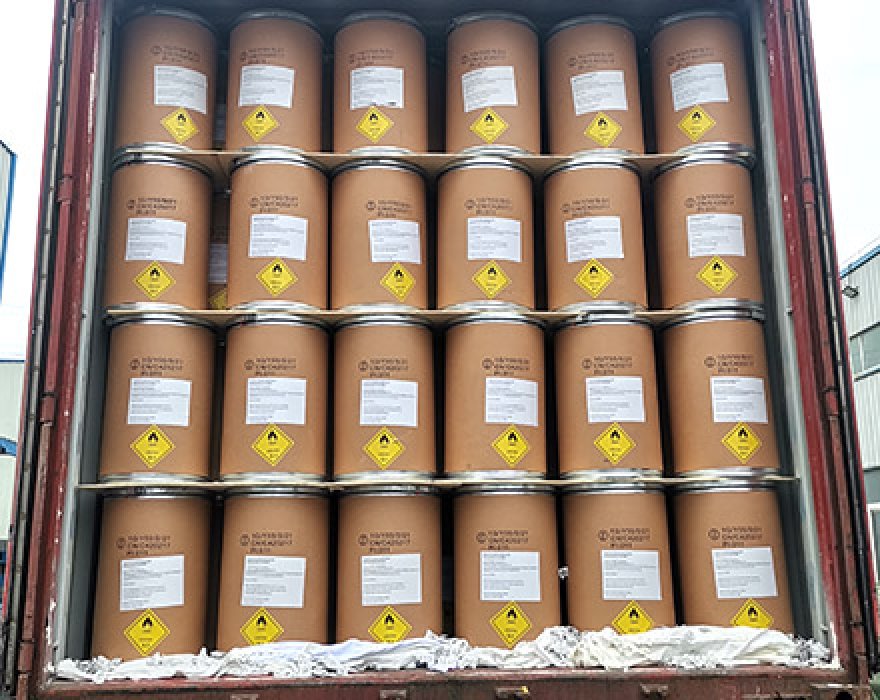
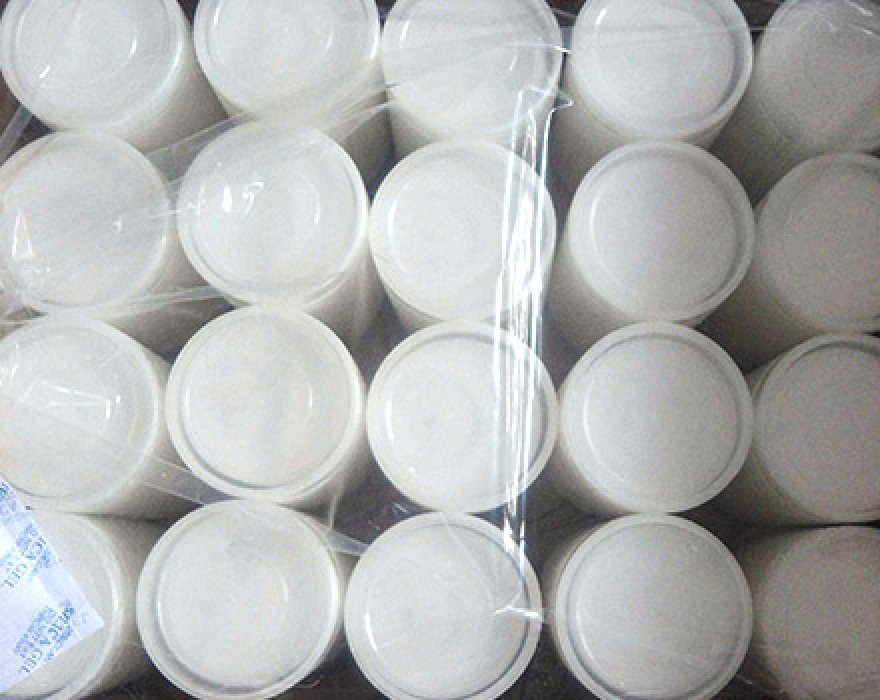

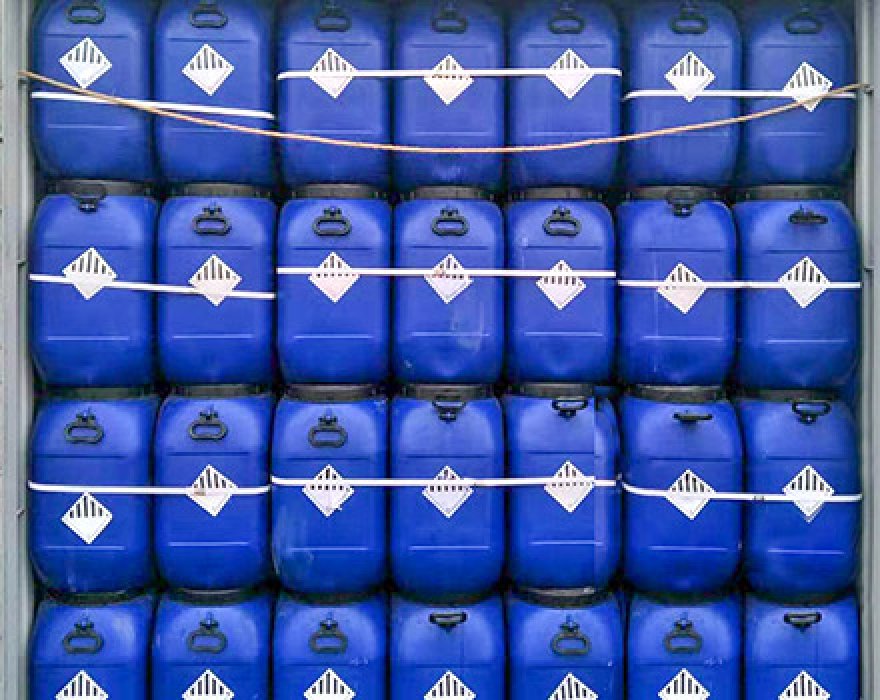
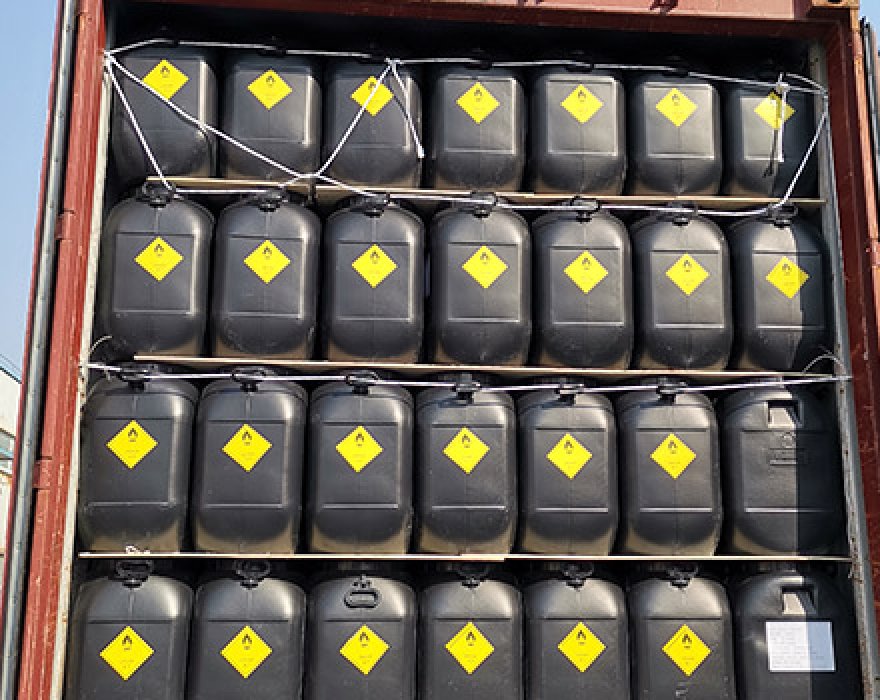
![未标题-3_0009_OM]70TN$]8LTHK0T7}X{CC3_tmb](/data/thumb/res/en/20230718/a70b236ba920ea59.jpg_20230718110613_880x700.jpg)